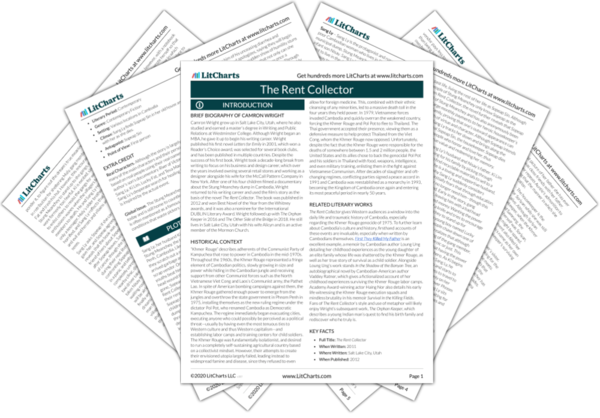AI ToolsNew
Tools to make learning and teaching easier
|
Previous
Chapter Eighteen
|
The Rent Collector: Chapter Nineteen Summary & Analysis |
Next
Chapter Twenty
|


Upgrade to unlock the analysis and theme tracking for all of The Rent CollectorThe Rent Collector!
Get LitCharts A+